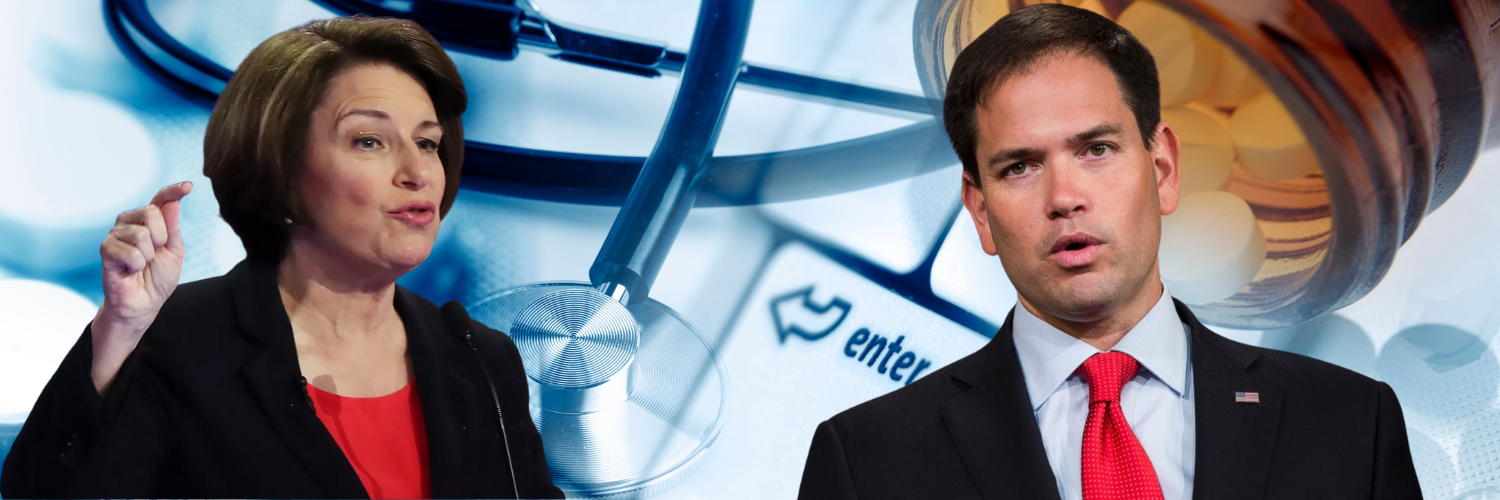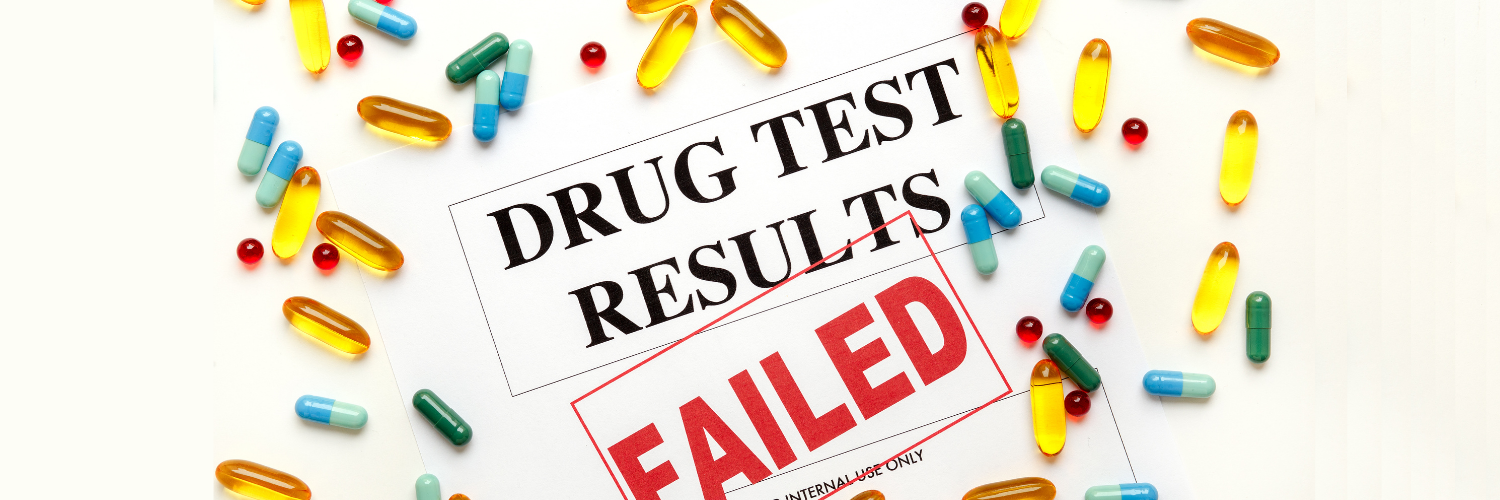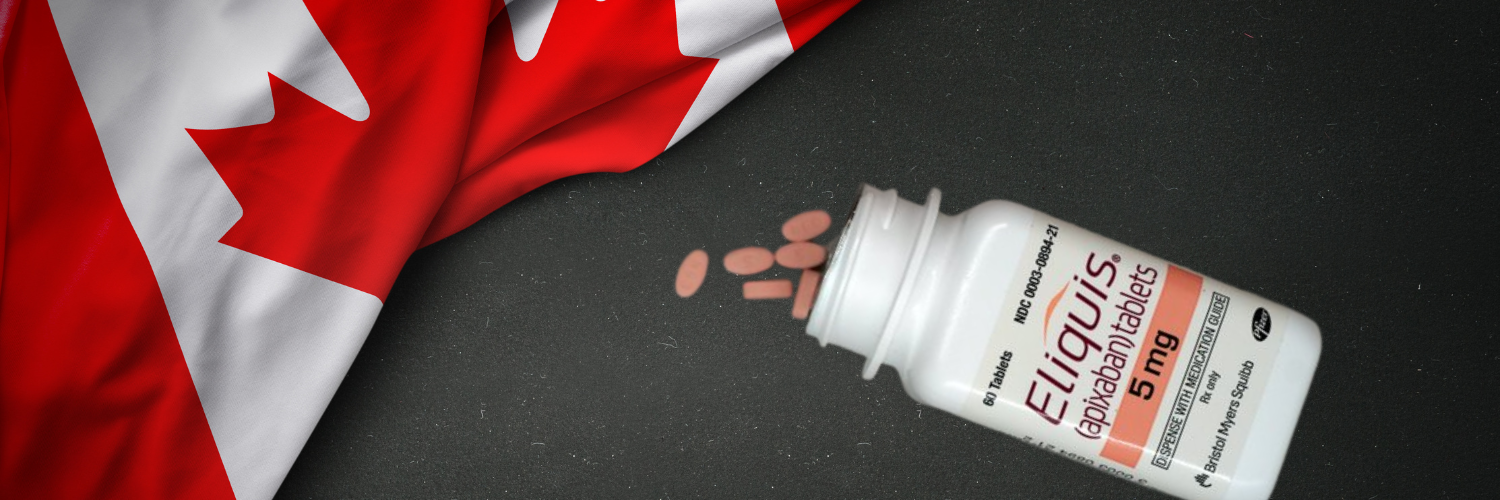Big Pharma Takes Advantage of the Surge in Opioid Deaths With New Bill

The Domain Reform for Unlawful Drug Sellers (DRUGS) Act, like most bill monikers, sounds like it should be passed yesterday, but that’s only Step One of the lobbying smoke and mirrors game. Step Two: a quick summary of our good intentions!
“U.S. Senators Marco Rubio (R-FL) and Amy Klobuchar (D-MN) introduced the Domain Reform for Unlawful Drug Sellers (DRUGS) Act (S. 3399) to provide the U.S. Food and Drug Administration (FDA) the authority to suspend websites run by criminal networks that traffic fentanyl, counterfeit medications, and other illegal drugs.”
With opioid deaths only surging during the Covid-19 pandemic, this sounds like an excellent idea. But here’s the thing: the FDA already has a program for tackling online opioid drug dealers. So what’s this really about? For those that are familiar with pharmaceutical industry antics, a quick glance at the bill’s backers makes it quite clear. The DRUGS Act was probably drafted with the express goal to curtail Americans’ online ordering of non-addictive, non-opioid, more affordable medicines. Medicines, by the way, that help patients actually take the medication they’re prescribed instead of balking at U.S. pharmacy prices and proceeding to ration or skip critical drug therapies. It all sounds cartoonishly sinister, but Gabriel Levitt, president of PharmacyChecker.com, puts it quite plainly on Policy Prescription:
Drug companies and big chain pharmacies don’t want the competition of lower drug prices offered by international online pharmacies because it means lower profits. They want the FDA to shut down those sites, but, it seems, under current law, the international online pharmacies used to facilitate importation are not illegal. To shut them down, they need a new law such as the DRUGS Act. The bill would empower the FDA and other federal agencies, and organizations or private companies they deputize, to effectively shut down an online pharmacy in another country that sells lawful medicines and requires valid prescriptions if they sell to patients in the United States.”
Pharma-funded Organizations Endorsing the DRUGS Act
Never mind the fact that they most likely had a hand in drafting the bill language, below are the organizations that publicly endorse the DRUGS Act. Notice that these organizations are named in much the same manner as the bills they back: they invoke thoughts of a do-no-harm group of honest actors. And yet their connection to the pharmaceutical industry, be it through funding or membership, makes their supposed missions a bit questionable.
Organization |
Ties to the Pharmaceutical Industry |
| National Association of Boards of Pharmacy (NABP) |
From the archives:
“Leaders
Contributed $100,000 or more to support the initiative.
|
| Alliance for Safe Online Pharmacies (ASOP) |
ASOP was launched with money from Eli Lilly, the National Association of Chain Drug Stores (think Walgreens and CVS), and LegitScript.
ASOP’s membership:
ASOP Global Members
|
| Partnership for Safe Medicines (PSM) |
PSM is conspicuously tied to the pharmaceutical industry:
|
| National Consumers League (NCL) |
Among the NCL’s Health Advisory Council for 2020 is a list of multinational drug corporations, including PhRMA itself:
Platinum Members
|
| Pharmaceutical Security Institute (PSI) | From PSI’s website: “Today, PSI membership includes thirty-seven pharmaceutical manufacturers from many nations.” “To provide quality information on a consistent basis, PSI shares information with the public through its collaboration with the Partnership for Safe Medicines (PSM).” |
| The International Federation of Pharmaceutical Wholesalers (IFPW) |
IFPW includes drug companies as members:
|
Disclosure: PharmacyChecker has sued NABP, and pharma-funded groups, such as the Alliance for Safe Online Pharmacies and Partnership for Safe Medicines in an antitrust action alleging that they conspired against PharmacyChecker to censor our online pharmacy verification and drug price information.



